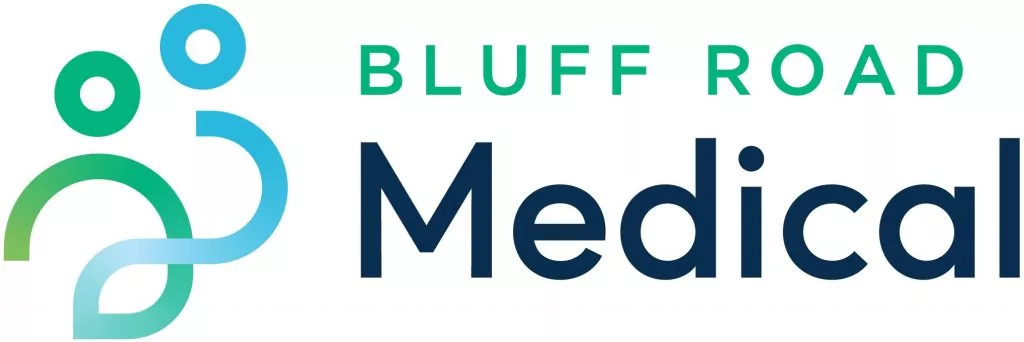Meningococcal update: what you need to know about recent changes
The Federal Government recently announced a new national program to vaccinate teenagers aged 14 to 19 against Meningococcal A, C, W and Y. Over the next four years, over one million teenagers will receive free vaccination against these strains of the illness.
What is Meningococcal?
Meningococcal disease is an uncommon but serious infectious disease caused by certain strains of the bacterium Neisseria meningitidis, which is spread through exposure to an infected person’s mucus. The main types seen in Australia are A, B, C, W and Y.
Around 10% of Australians have a strain of the disease in their throats without ever becoming ill, these people are called “carriers”. The disease can become severe and even life-threatening when the bacteria enters the bloodstream, posing risks to the brain, intestines, joints, lungs, and throat. Around 20% of people who acquire Meningococcal are left with some form of permanent disability or deformity as a result of the illness.
Meningococcal Symptoms
Symptoms may vary depending on the age and health status of the person infected. They may include fever, fatigue, nausea, vomiting, diarrhea, light sensitivity, muscle and joint pain, difficulty walking, confusion and a rash of purple or red spots or larger bruises. If you or your child have these symptoms, seek medical assistance immediately by attending your nearest hospital or dialing 000.
Who should get vaccinated?
Children already receive free vaccination for strains A, C, W and Y at 12 months old as part of the National Immunisation Program (NIP). In response to a rise in meningococcal among older children and adolescents, the new program will vaccinate students aged 14 to 16 through a school-based program. 15 to 19-year-olds who aren’t vaccinated at school can receive immunisation from their General Practitioner as part of a catch-up program. People aged 19 years and older who aren’t vaccinated may be at risk, so should discuss vaccination with their doctor.
Anyone can contract Meningococcal, but immunisation is especially important for people travelling overseas to areas where the disease is common, teenagers living in dormitories or other communal accommodation, and people with weakened immune systems or certain types of blood disorders.
What about Meningococcal B?
Meningococcal B is common among children under 2 years old, people with lowered immunity (such as those living with HIV), young people aged 15-24, and people in close contact with someone who has Meningococcal. Meningococcal B vaccinations are available but are not covered under the free immunisation program, so speak to your doctor about protection against this strain.
Are vaccinations safe?
All vaccines in Australia undergo extremely vigorous testing, with vaccines taking up to ten years to be approved by the Therapeutic Goods Administration (TGA). Vaccines are tested on thousands of people in clinical trials before they become available to the public and are then subject to ongoing national surveillance.
Whilst vaccines are safe, some people do experience side effects. These are usually minor and short-term, and can include mild fever, pain and swelling at the injection site. More severe side effects are extremely rare but can occur if someone has an allergic reaction to a particular vaccine. However, the risks of not being immunised far outweigh those of vaccines. If you are concerned about any potential side effects, speak to one of our doctors.
Vaccinations are a safe, effective and important form of prevention against serious illnesses and have saved billions of lives. However, some vaccine-preventable diseases have been rising in recent years due to falling immunisation rates.
If you have any questions about vaccinations or the new Meningococcal immunisation program, please make an appointment with one of our General Practitioners. To make an appointment at Bluff Road Medical Centre, call (03) 9598 6244, click here to book online or download the HotDoc app. To book in at Bayside Family Medical, please call (03) 9583 1630.
